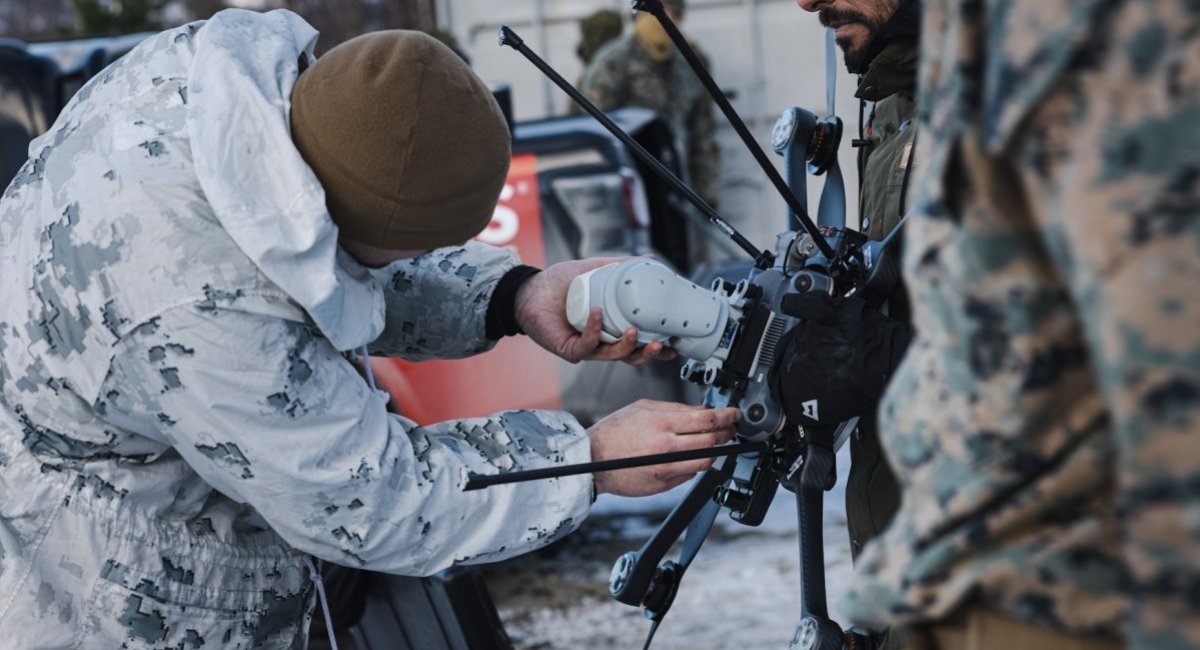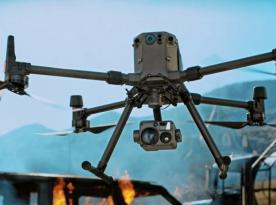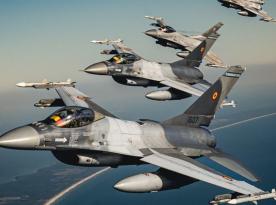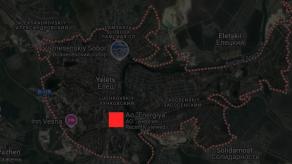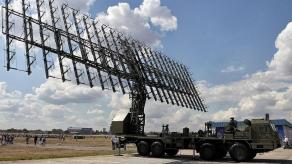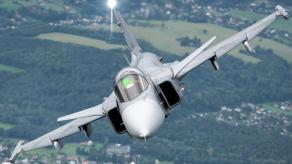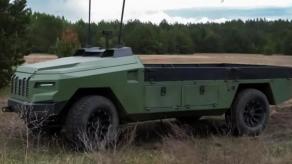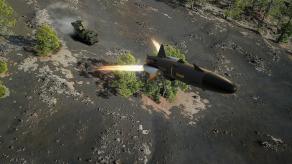The recent NATO-led Joint Viking 2025 exercises, held from March 3 to 16 in Norway with 10,000 military personnel partaking, became a proving ground for practicing and testing tactics that Ukraine uses to repel russian aggression.
Among other activities, Norwegians decided to double-check if the tactic of using ordinary commercial UAVs to bomb the enemy really works, so they invited the Combat Lab unit, specializing in military research, and had quadcopters simulate attacks by dropping tennis balls on armored vehicles, as Defense News describes.
Read more: Drone Domination Makes the U.S. See Tanks As Nothing But Power Stations With Self-Defense Function
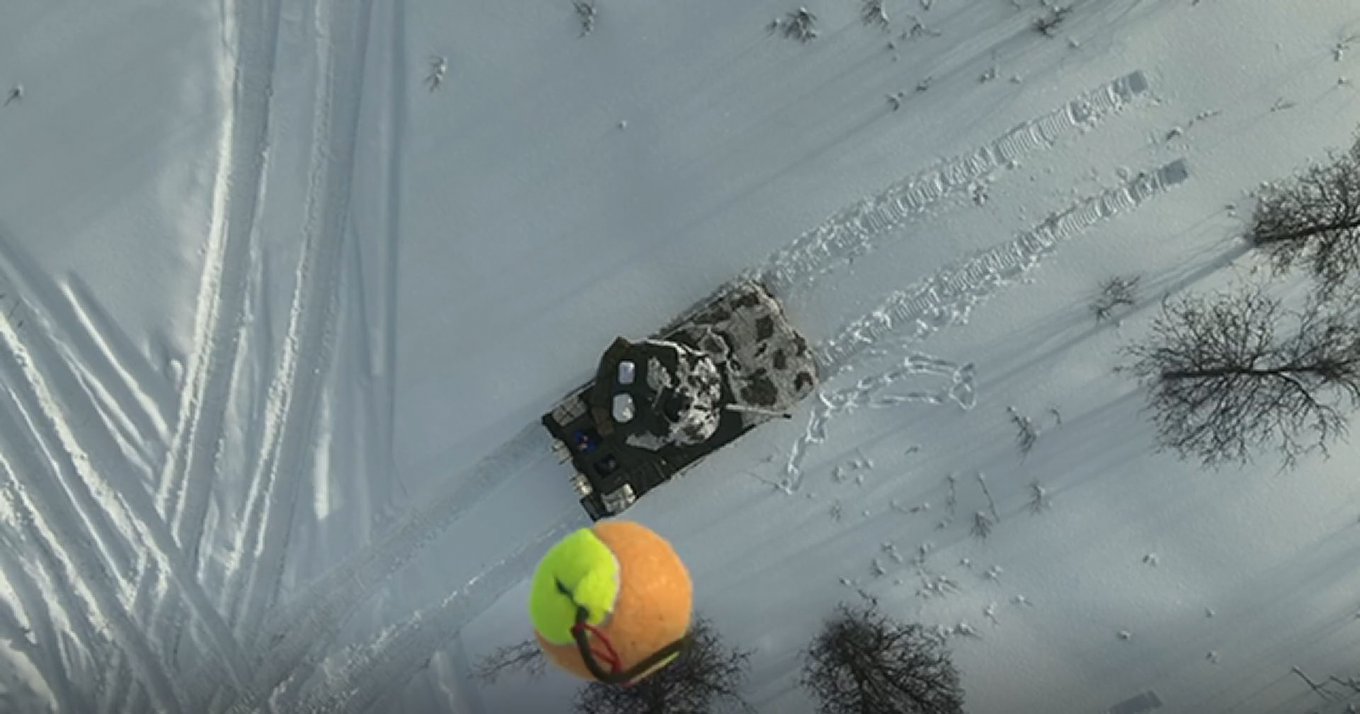
The purpose of these tests was to evaluate the tactic and give the participants an opportunity to experience the threat. In total, 30 tennis balls were dropped in 10 sorties, and it was the first time the Norwegian Army used attack drones at such scale.
Defense Express notes, however, that in the published footage and photos from the exercise, none of the vehicles was equipped with any protection against drones. This indicates the lack of expertise in implementing countermeasures by NATO armies or underestimating the importance of doing so. That is despite the effectiveness of so-called bomber drones has been proven in real combat for many years.
If we take Ukraine, the reference point of these drills, first recordings of drone drops date to the Anti-Terrorist Operation in the eastern part of the country, known as the Donbas. Which means, the tactic is almost ten years old now and has particularly flooded the battle zone over the past three years of all-out invasion. It also spread far beyond the Ukrainian frontlines. The same drone drops were actively employed by Hamas fighters:
#BREAKING Hamas armed drone strike on Israeli Merkava 4 tank. pic.twitter.com/e8gph7tYVK— Clash Report (@clashreport) October 7, 2023
Bomber UAVs have essentially become an integral part of the battlefield now, as they prove effective across multiple disconnected war theaters.
Furthermore, the measures that the U.S. Army underscored as important were not implemented. During the exercise, the units did not bother with camouflage and dispersal of command posts, which in their original field state are an easy target for bomber drones to spot and destroy. The photo below shows an artillery operational control center deploying during Joint Viking 2025.
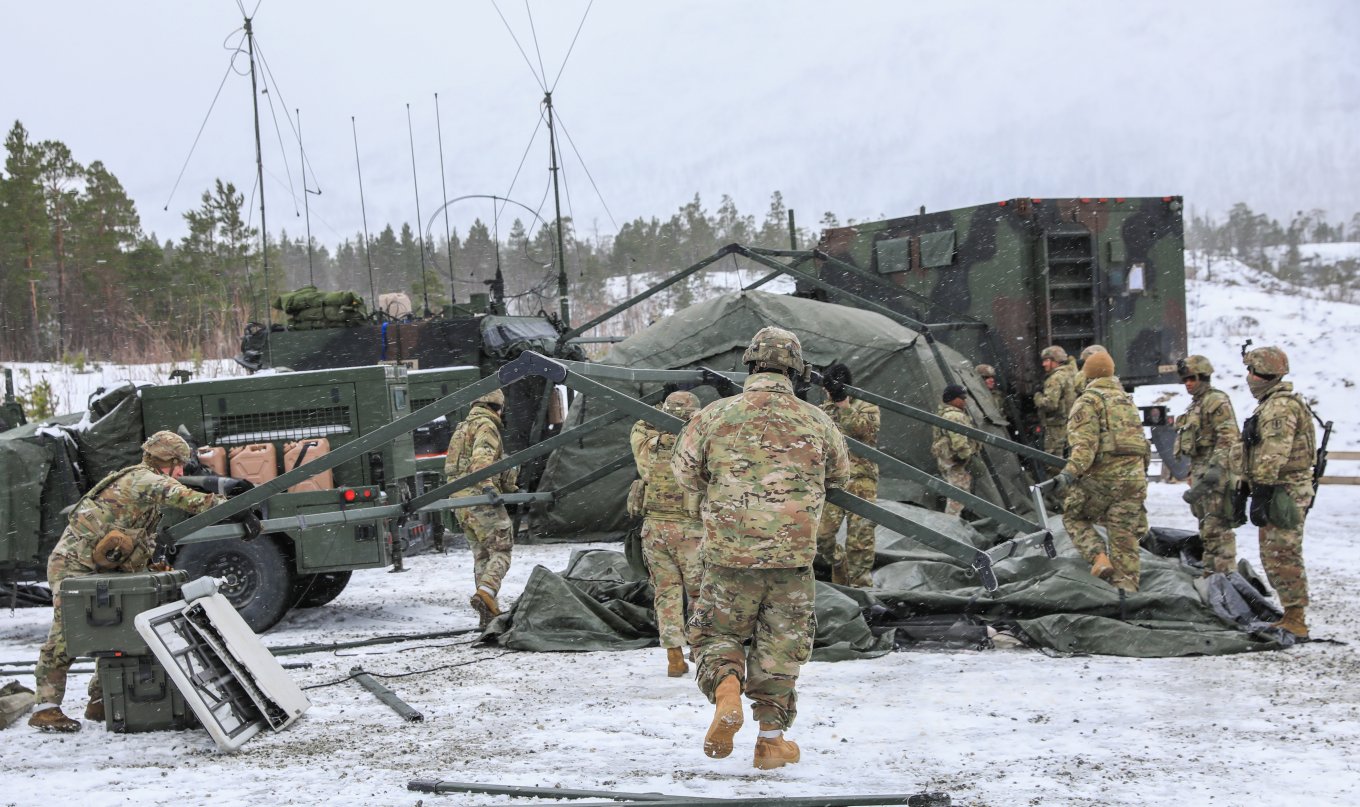
This is not just that erecting green tents, and command and communication vehicles in a snowy open field is not a very good idea. It’s also about things like implementing concealment of tranmissions, which the U.S. military also outlined as a crucial countermeasure.
For reference, Ukraine has created a whole new branch of the military named the Unmanned Systems Forces and is deploying entire brigades operating unmanned combat aircraft systems. Meanwhile, only the United States so far has begun to create dedicated UAV platoons.
Read more: Drone Line: Ukraine Initiates a 10–15 km 'Killzone' to Prevent Any russian Frontline Gains



